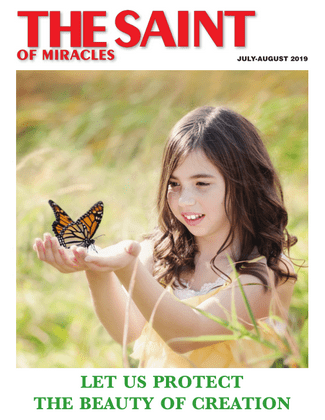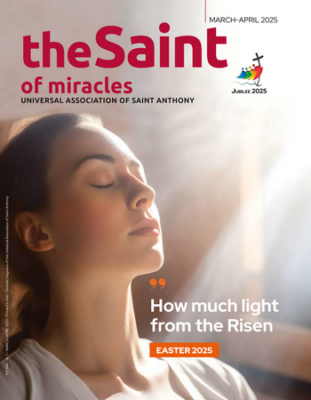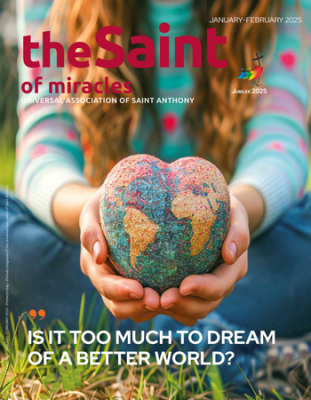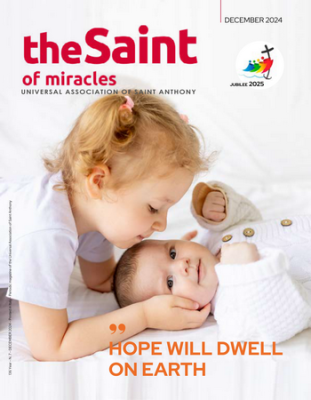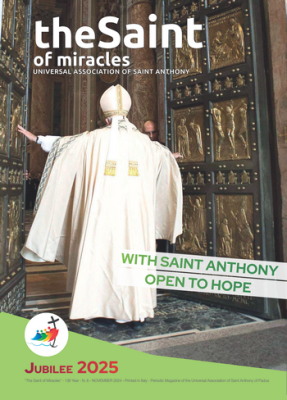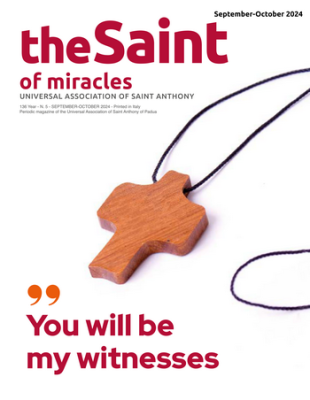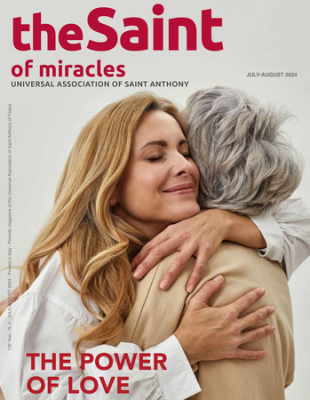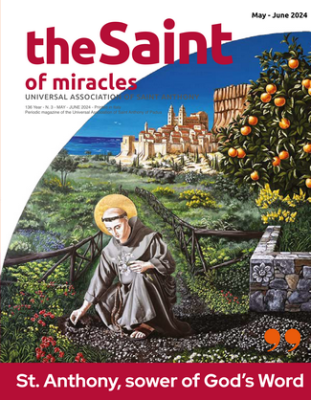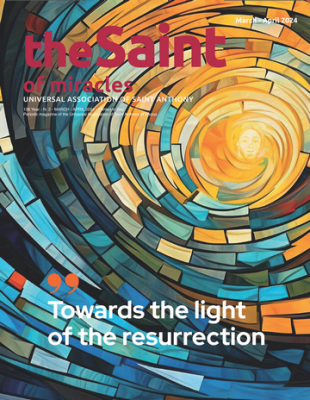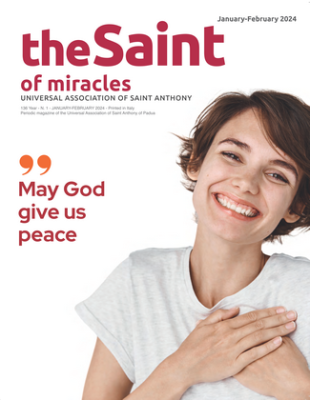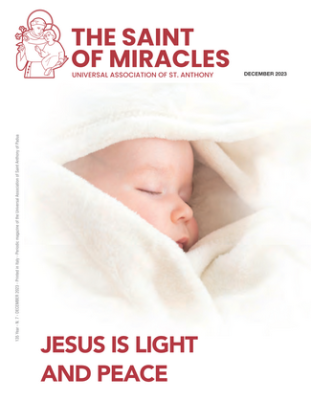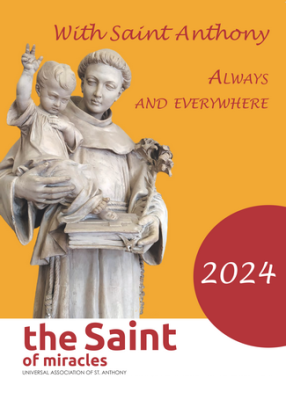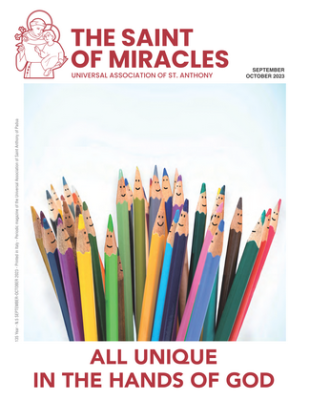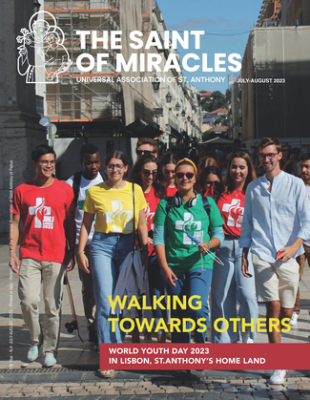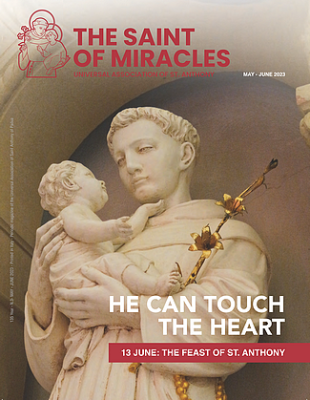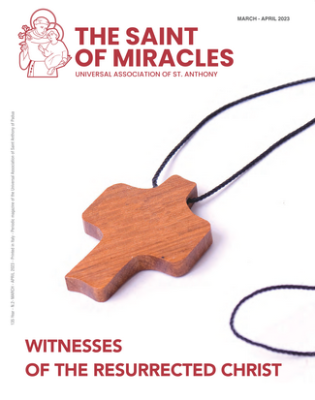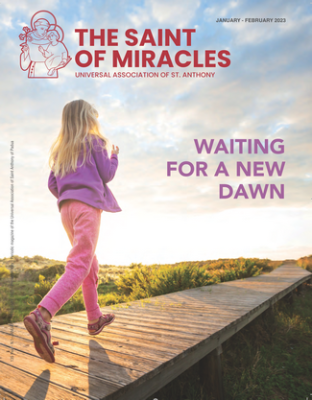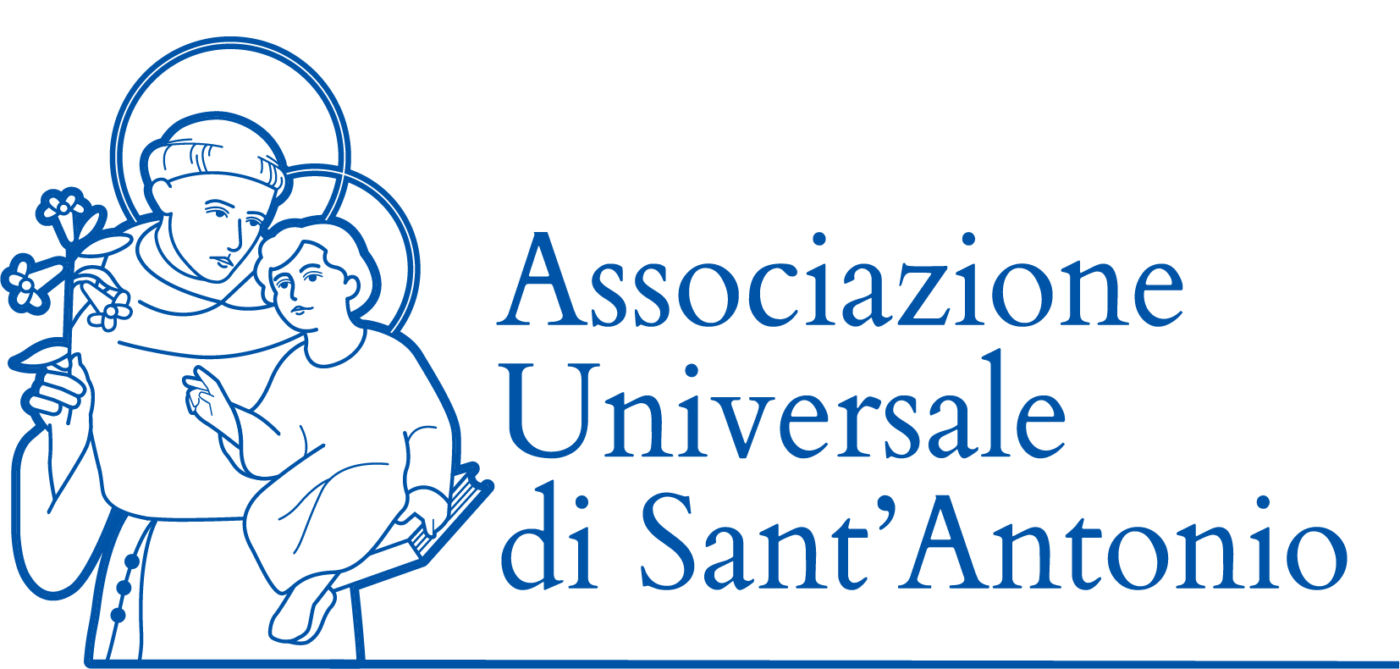Year 131 - July/August 2019Find out more
Praise be to you, my Lord
Fr. Livio Tonello, director
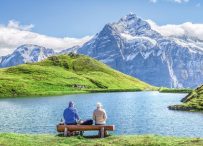
With the arrival of warmer weather, everything comes back to life and takes on new colours. I think it is wonderful for everyone to relive every year the summer days and contemplate the beauty of nature. Beautiful images in a myriad of colors, scents and sounds. This is certainly a gift, but also a commitment. The book of Genesis reminds us that the earth was entrusted to man and woman to be cultivated and preserved (Gen 2:15).
How are we responding to this task? There are many episodes that indicate a slow, but inexorable degradation of our planet, from climate change to pollution. Our beautiful “home” is becoming inhospitable. Proclamations are many, conversions are few. Someone backed out of Paris Climate Agreement of 2015; the United States has resumed the use of coal; in the Pacific Ocean, a “plastic island” three times the size of France is forming...
I would like to take up again, in this regard, a strong voice that in that very year was raised to remind every inhabitant of this planet, of every religion and culture, the responsibility of maintaining and guarding our “common home”. It is the voice of Pope Francis with the encyclical Laudato si’. Referring to the famous poetic text composed by Saint Francis (the Canticle of the Creatures), he reminds us with authoritative tones, neither nostalgic nor romantic, that the earth must be preserved. A lucid analysis of the damage we are doing by letting politics yield to the economy and economics to technology.
Ecology begins within us - Pope Francis reminds us - and reverberates in all its power outside with concrete actions that lead to peace and a full and shared wellbeing. The Christian ecological vision includes all created realities, both human and natural. The basis of attention to the planet is a strong relationship between people, between people and things, between things and their meaning for existence. Is it not contradictory to pay more attention to dogs and cats than to the elderly?
Is it not unreasonable to defend the rights of animals and trample those of the poor? It is not a question of being an animalist or an ecologist or a philanthropist... We are all part of creation: people, animals, plants, the whole cosmos. Our life depends on a healthy and balanced relationship with all living beings. The encyclical speaks of an “integral ecology”: environmental, economic, social, cultural of daily life, which protects the common good and knows how to look to the future. It may seem like a huge commitment, but the words of the Pope make us understand how even in our daily lives we can make an impact.
Educating oneself to a new way of life, promoting a different paradigm of development, “degrowth” for those who have too much and sobriety as a value, are possible tasks for everyone. The myth of infinite growth is not sustainable, and when it is pursued, inequalities and catastrophes are created. Saint Anthony was able to enjoy the benefits of nature. In his last days he retired to the countryside, in the shadow of the famous walnut of his friend Tiso da Camposampiero.
The restorative charm of nature is for our physical and spiritual wellbeing. We hope, in this summer time, to enjoy so much beauty, expressing our praise to the Lord, grateful and responsible for our “common home’’, to be preserved and cultivated for future generations.


 Italiano
Italiano Français
Français